ISHIHARA Yasuhiro Professor
keywords:neurotoxicology, environmental chemicals, microglia
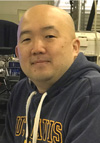
ISHIHARA Yasuhiro Professor
keywords:neurotoxicology, environmental chemicals, microglia
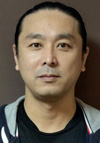
IMAMURA Takuya Professor HP
keywords:non-coding RNA, epigenome, DNA methylation/demethylation, gene activation, brain, neural stem cell, human,primate, mouse, rodent, species-specific, biodiversity, adaptation, evolution, bioinformatics
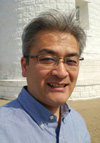
CHIHARA Takahiro professor
keywords:Drosophila, olfaction, longevity, aging, innate immunity, behavior, sleep, synapse, tissue size, membrane pro-tein topology
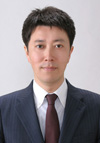
HAYASHI Toshinori professor
keywords:newt, regeneration, bioresource
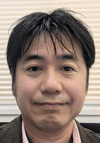
CHIKAZOE Junichi Professor
keywords:Functional MRI, Machine learning, Deep learning, Emotion

UENO Masaru Associate Professor
keywords:telomere, chromosome stability, DNA repair, anti-aging, anti-cancer, fluorescence live cell imaging, dynamics of proteins, nuclear function

OKUMURA Misako Associate Professor
keywords:nematode, light, behavior, development, genetics, evolution, phenotypic plasticity, polyphenism
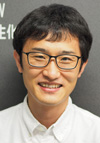
KUME Kazunori Associate Professor
keywords:intracellular structure, nuclear size, cell polarity, cytoskeleton, cell growth, organelle size, fission yeast, cell biology
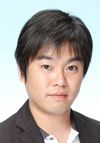
SUGI Takuma Associate Professor HP
keywords:biophysics, collective behavior, aging, optics
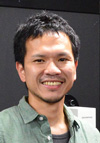
SUZUKI Makoto Associate Professor
keywords:embryonic development, amphibian, Xenopus, epithelial morphogenesis, congenital disabilities, live imaging

OKAMOTO Kazuko Assistant Professor
keywords:newt, regeneration, dedifferentiation, reprogramming, cell fate determination
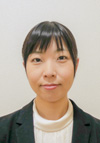
SHIMODE Sayumi Assistant Professor
keywords:endogenous retroviruses

NAKANE Tatsuto Assistant Professor
keywords:environmental temperature, biochemistry, cellular physiology, protein kinase, circadian clock


HONDA Mizuki Assistant Professor
keywords:spatial omics, photo-isolation chemistry(PIC), brain development, aging process, neurological disorder, epi-genetics
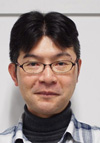
YUKAWA Masashi Assistant Professor
keywords:mitosis, chromosome segregation, spindle assembly, microtubule, actin, kinesin, myosin, yeast, anti-cancer drug

PHAM Quang Trung Assistant Professor
keywords:Functional MRI, Machine Learning, Deep learning, Haptics

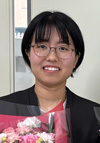
UKITA Yumiko Assistant Professor (Special Appointment)
keywords:Drosophila, olfaction, olfactory receptor, non-olfactory tissues

WATANABE Tomonobu Visiting Professor
keywords:radiation-dose effect, stem cell research, quantitative biology, optical microscopy, spectroscopy, machine learning
Copyright © 2003- Hiroshima University